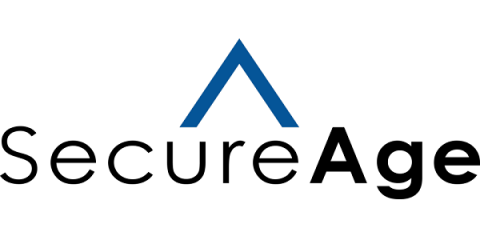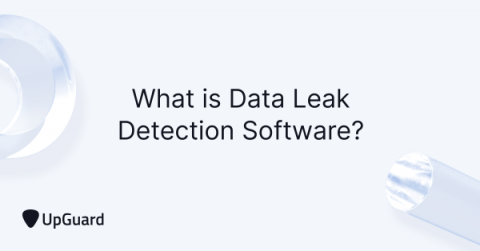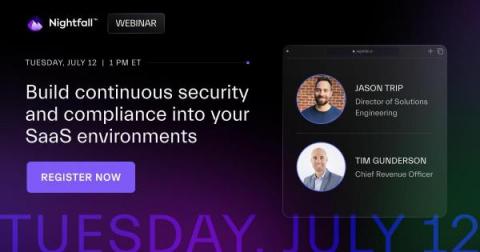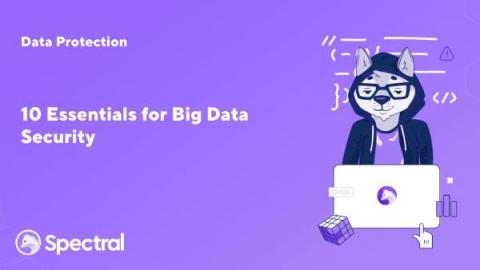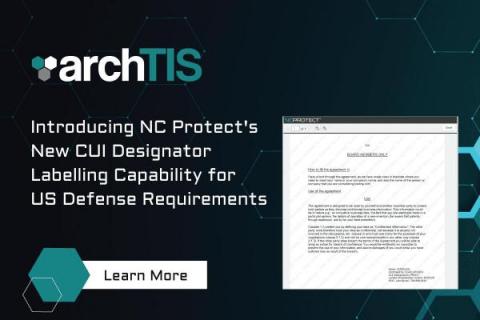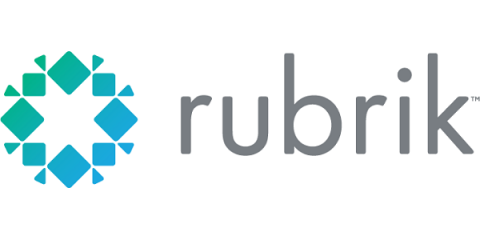The safest data security approach for the healthcare industry
If you’re looking for a reason to make protecting legacy systems a priority for your healthcare organization, we’ve got 9.23 million for you. That’s the total number of US dollars lost by the healthcare sector to data breaches alone in 2021– and that number is increasing year on year. In fact, the healthcare sector has been the target of the costliest data breaches of all sectors – including financial, technology, and services – for 11 years.


